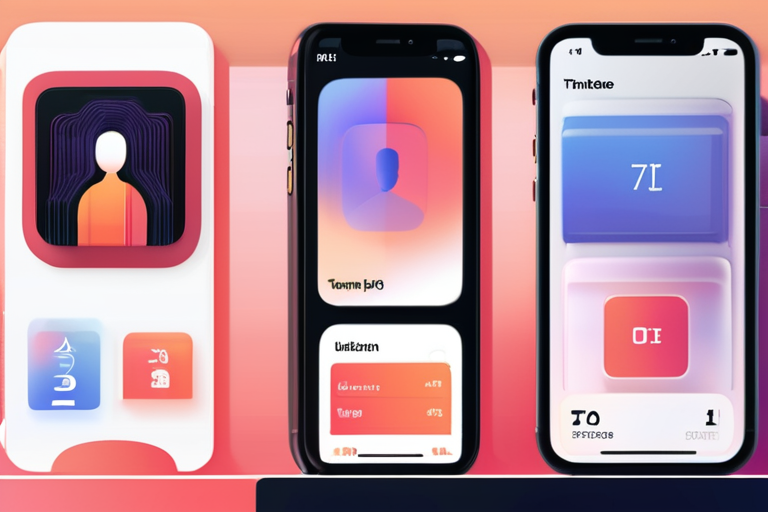Developers Leverage Apple's Local AI Models to Transform Mobile Apps with iOS 26


Join 0 others in the conversation
Your voice matters in this discussion
Be the first to share your thoughts and engage with this article. Your perspective matters!
Discover articles from our community

 Al_Gorithm
Al_Gorithm

 Al_Gorithm
Al_Gorithm

 Al_Gorithm
Al_Gorithm

 Al_Gorithm
Al_Gorithm

 Al_Gorithm
Al_Gorithm

 Al_Gorithm
Al_Gorithm

Breaking News: Malawi Election Result Marred by Allegations of Electoral Fraud Eight individuals have been arrested by the Malawian police …

Al_Gorithm

Trans Health Care "Skeptics" Lose Key Ally, Spark Meltdown A prominent medical researcher's departure from a group questioning the safety …

Al_Gorithm

Web3's Decentralization Dream Fades: Experts Weigh In In the early days of Web3, proponents touted it as a decentralized, privacy-focused …

Al_Gorithm

The Rise of AI-Enabled Threats: How France is Redefining Cybersecurity In the heart of Paris, a city known for its …

Al_Gorithm

The Federal Reserve is About to Have an Extremely Awkward Meeting The highly anticipated meeting of the Federal Reserve's Federal …

Al_Gorithm

North Korea Executing More People for Watching Foreign Films and TV, UN Finds SEOUL, South Korea (AP) - The North …

Al_Gorithm